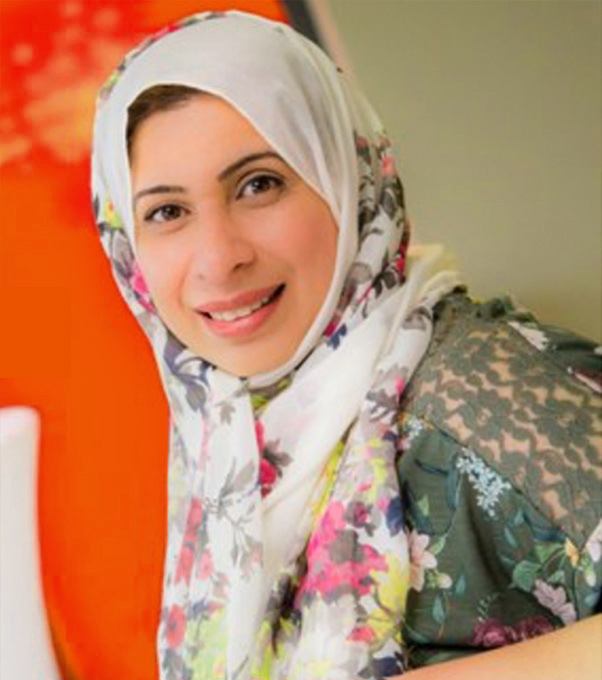One-To-One Mentoring
Watch the video to see the routine mentoring process at BeMRCOG which is flexible and modifiable according to each individual needs.
What is mentoring?
A mentor is an experienced person who offers support, advice and guidance to facilitate personal and professional development of the mentee.
The objective view and supervision of the mentor help the mentee to develop and progress in their career and work. Although there is a significant overlap of skills between mentoring and supervision, the fundamental difference between the two is that supervision is task-oriented (completion of a particular task) and mentoring is development-oriented (long term developmental changes in behaviour).
Mentoring involves:
- Assessing and offering advice to ensure current behaviour is consistent with mentee’s long-term goals
- Showing respect to the mentee and maintaining a confidential relationship
- Providing honest feedback
- Allowing the mentee to reflect and understand the challenges
- Providing practical help by clarifying doubts and concepts
- Being available for regular meetings
Mentoring does not involve:
- Setting professional goals or managing mentee's career
- Doing work for the mentee
- Assessment or appraisal
- Providing a substantive discussion on a specialised field of knowledge
Why have a mentor?
Mentoring has become increasingly prominent in medical education. In the UK most medical schools, postgraduate deaneries, NHS trusts and employers have started to acknowledge mentoring and its benefits.
The recognised benefits of mentoring are:
- Increased skills and knowledge
- Increased self-confidence
- A supportive environment to evaluate successes and failures
- Individual attention
- Provision of necessary support in academic and non-academic pursuits
Choosing your mentor:
While mentoring has many benefits, good mentors are not readily available. Being knowledgeable and skilful in one's profession does not make a good mentor. Moreover, it is not necessary to gain any specific qualification to be a mentor. However, a mentor must possess certain characteristics that enable them to help the mentee find their own solutions.
Characteristics of a mentor:
- Willingness to mentoring
- Active listening
- Being honest and maintaining trust
- Challenging the mentee and questioning their ideas
- Being impartial
- Intellectually and emotionally capable
- Ethical and respectful
- Self-aware and an effective leader
- Non-judgemental
- Skilled in providing effective feedback


